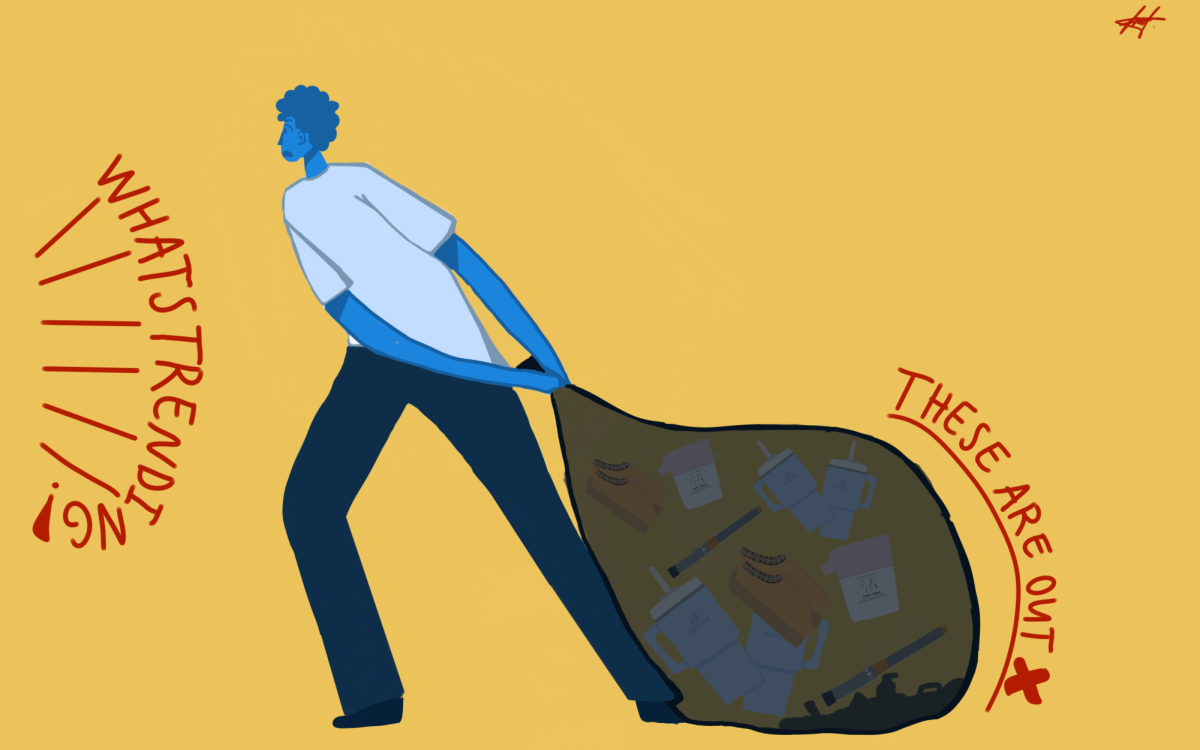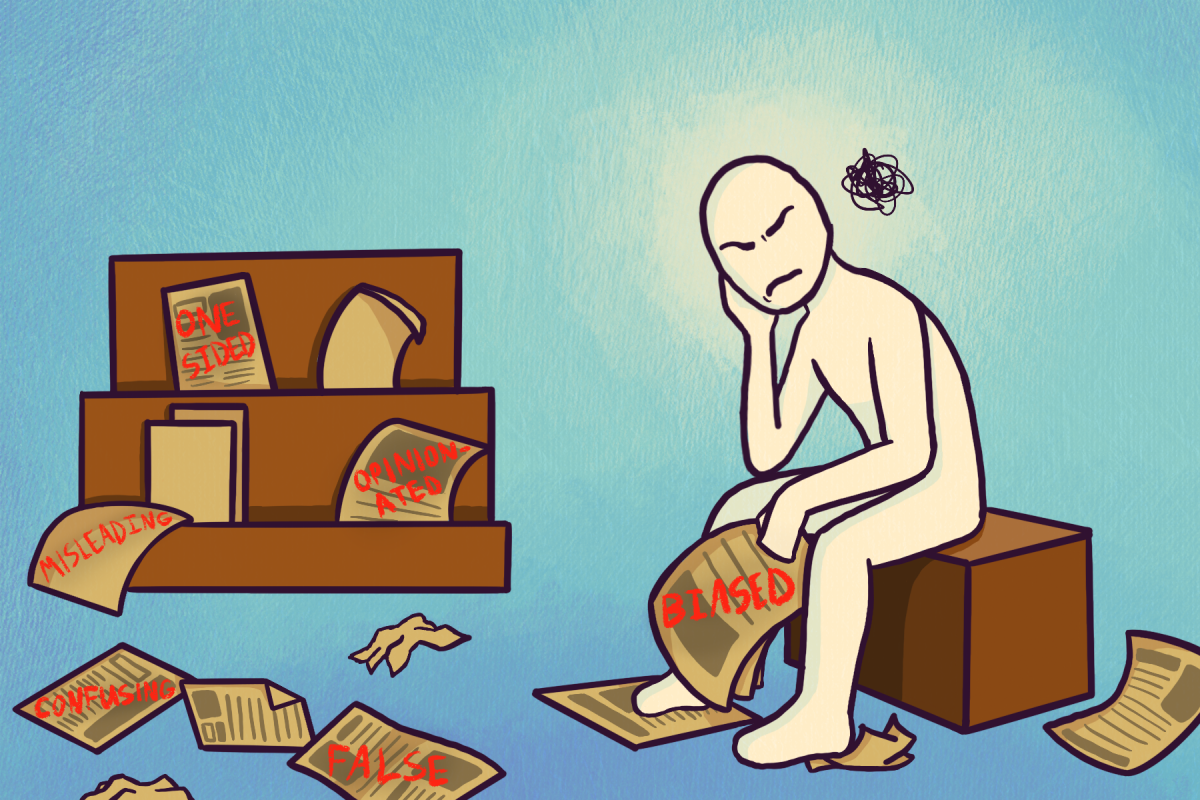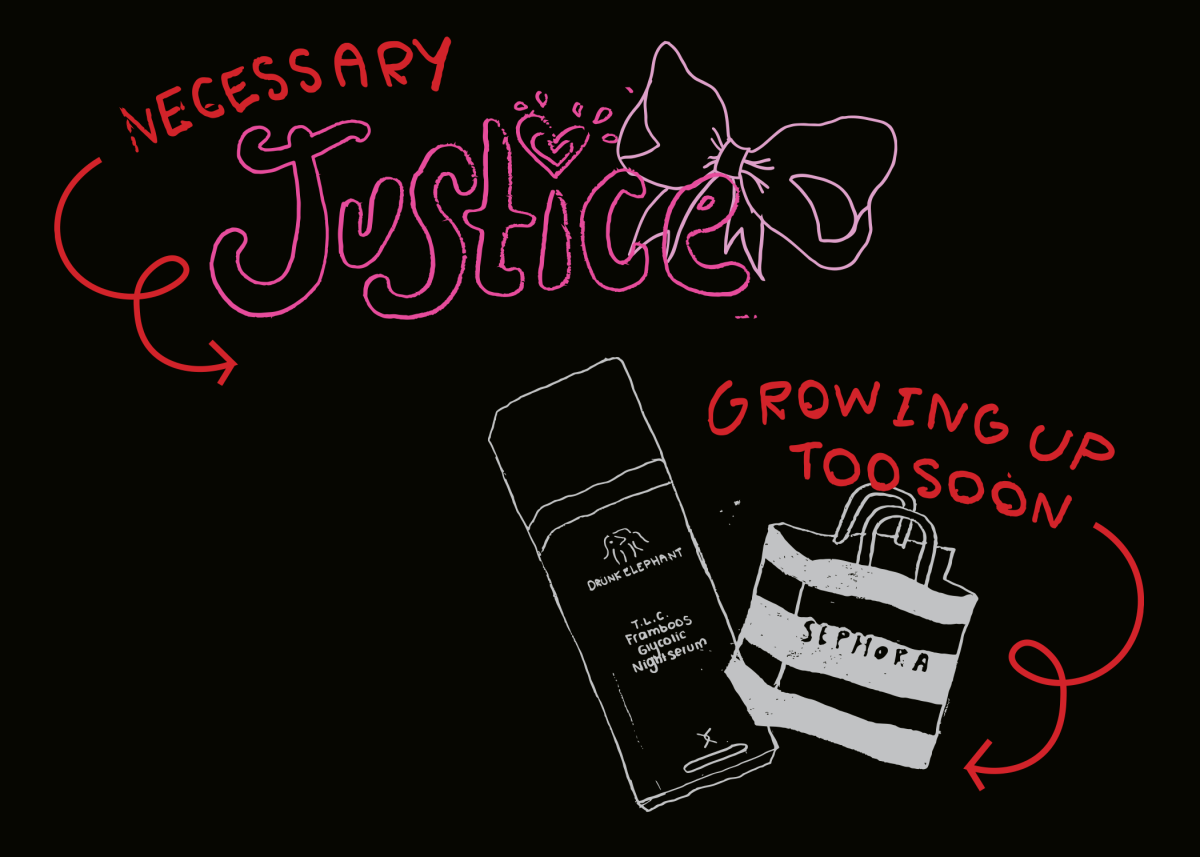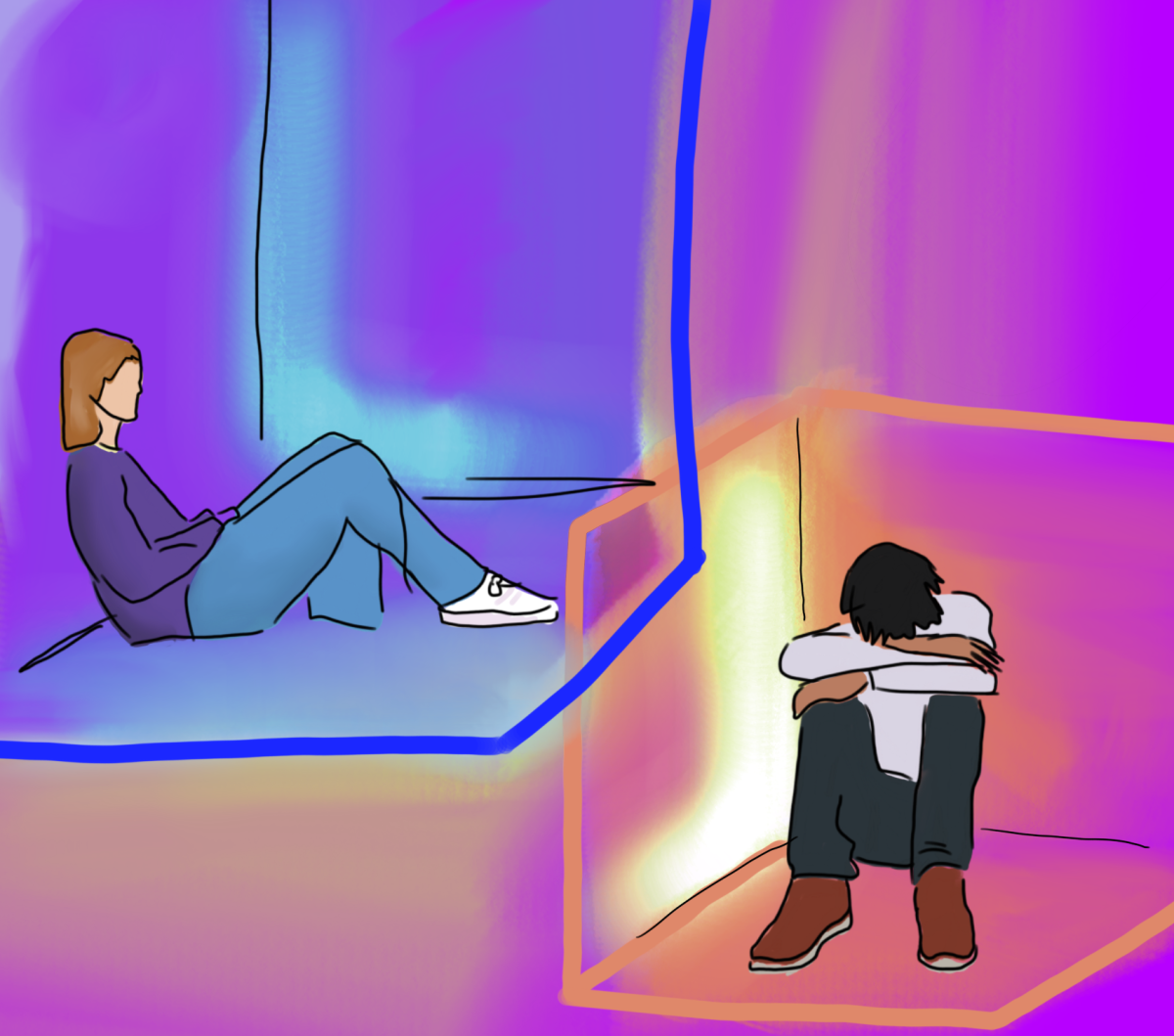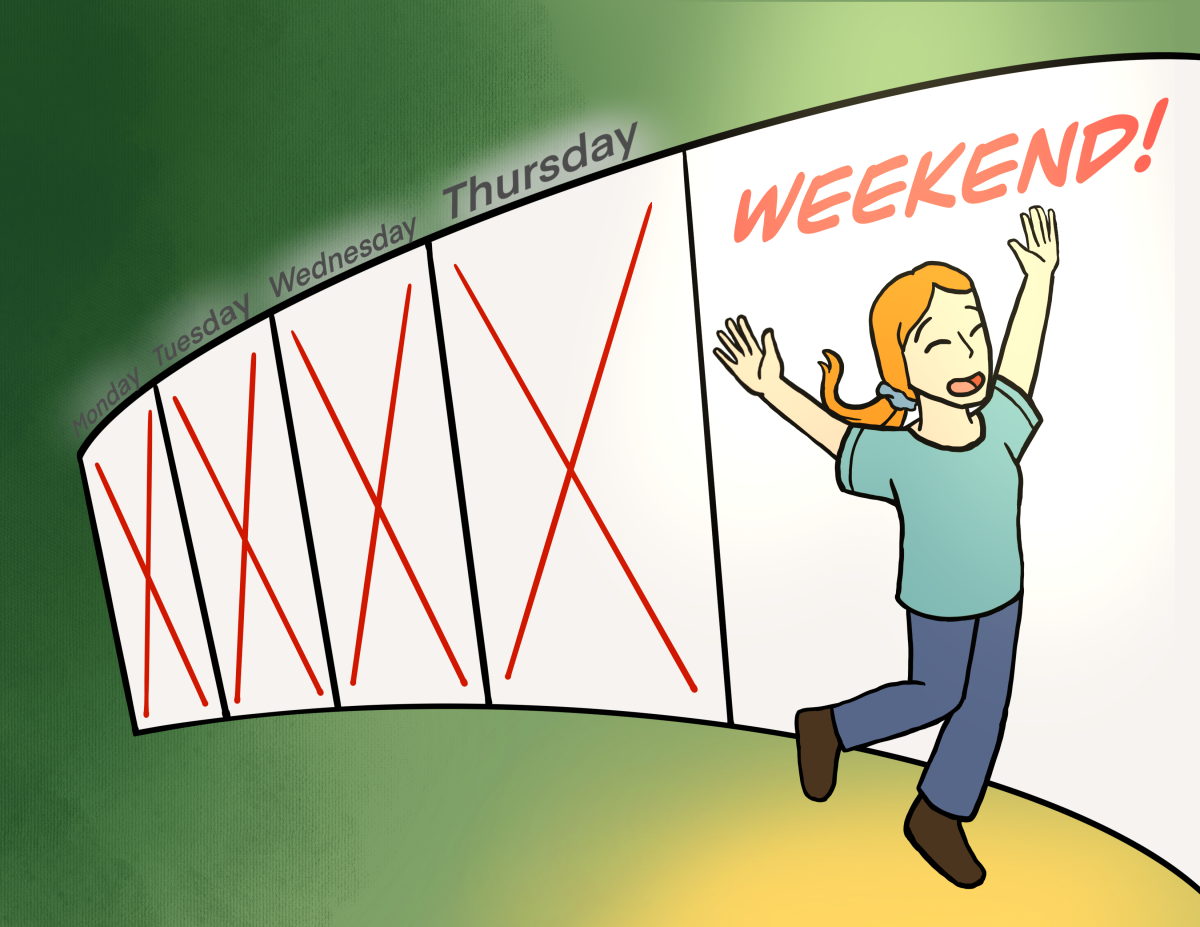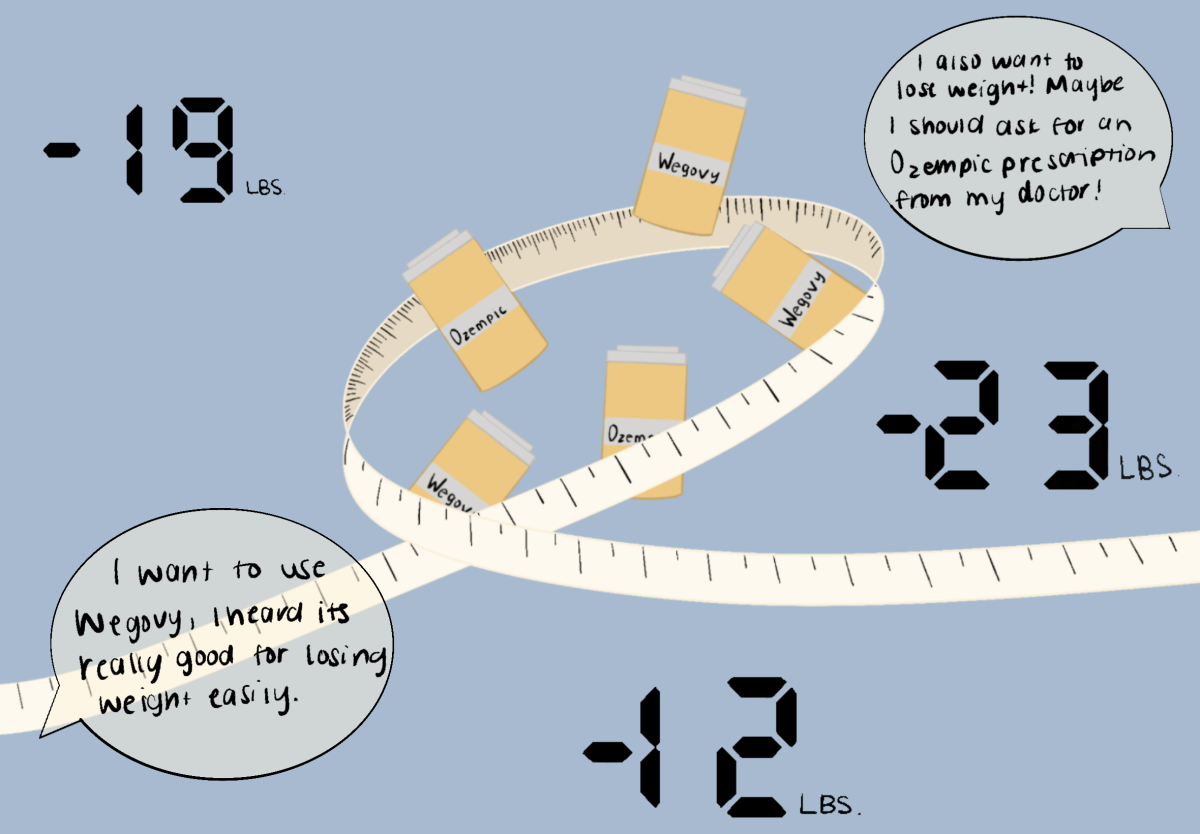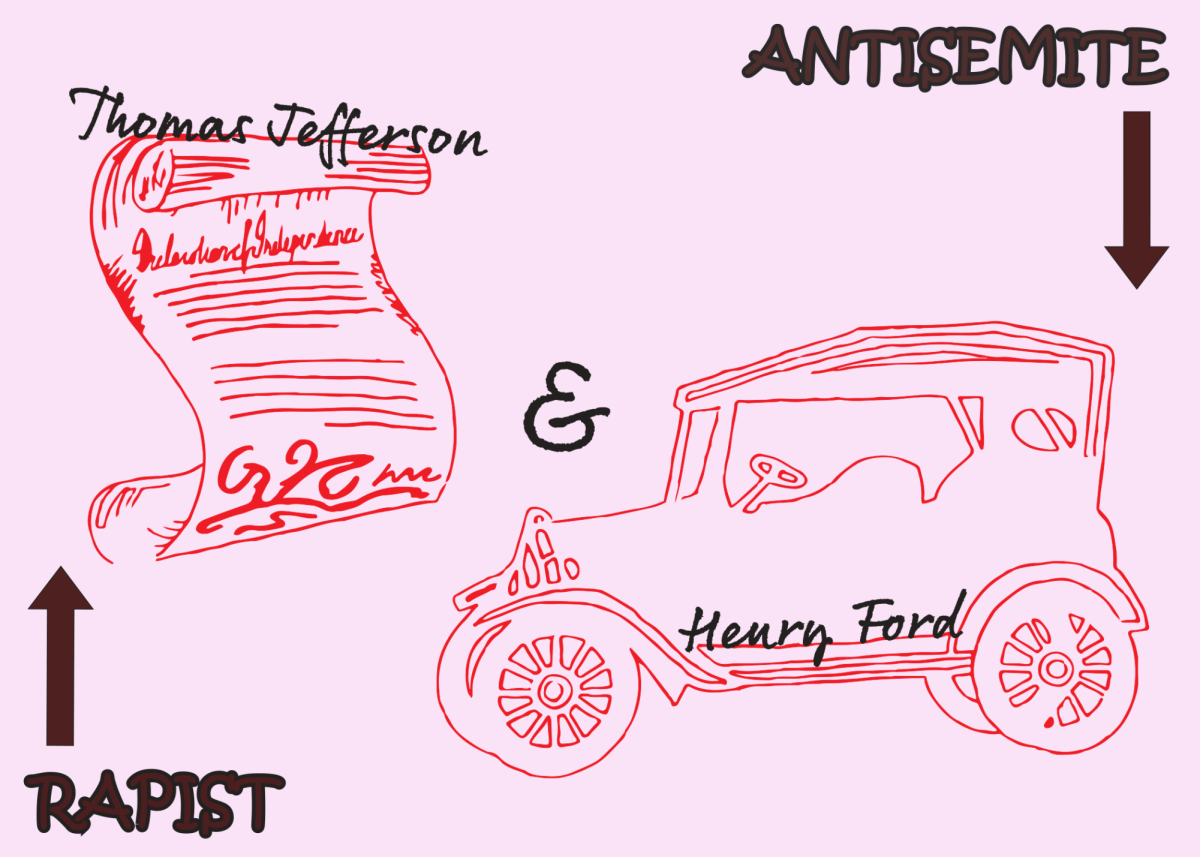On May 14th, 1948, the day before the British officially moved out of what was then known as “Palestine,” Jewish leader and future first Prime Minister David Ben-Gurion declared the independence of the newly-named “State of Israel”. The next day, Syria, Jordan, Egypt, and Iraq – with the aid of troops from other Arab countries – invaded the new state in an attempt to wipe out the Jewish people and reclaim a land they believed to be theirs. After a year of significant bloodshed, including many Arab attacks on Jewish residents, over 700,000 Palestinians fled Israel in exodus – an event known as the Nakba, or catastrophe, in Arabic.
Since the nation’s title was first made official, Israel has constantly been attacked by its neighboring states, and very little time of peace has been achieved in the 70 years since. Throughout the following decades, Palestinian militant groups, hailed as “freedom fighters,” conducted series of attacks against Israeli and Jordanian citizens, as tensions between the Middle Eastern countries continued to escalate. The 60’s and 70’s were marked by three main events: 1967‘s aptly named “Six Day War” – where Israel nearly tripled in size and took control of the Sinai Peninsula and the West Bank; 1972’s Munich Olympics where 11 Israeli team members were massacred by a Palestinian terrorist group; and 1973’s Yom Kippur War, where Syrian and Egyptian forces were defeated while trying to regain land lost in the previous war.
In 1979, Egypt became the first Arab country to recognize Israel as a state, after the two nations signed a peace treaty in Washington D.C. and Israel returned the Sinai Peninsula. Treaties in 1993 and 1994 handed governmental control over much of the West Bank to the Palestine Liberation Organization and brought the second nation to make peace with Israel in Jordan, respectively. Egypt and Jordan still stand as the only two Arab countries in the Middle East to have peaceful relations with Israel, and continue to be two of its most important allies.
But the purpose of my writing is not to summarize history.
As Israeli settlements in the West Bank and Gaza grew and multiplied, widespread outrage from the internationally – and even local – community followed suit. The United Nations has repeatedly condemned Israel for its illegal settlements in its occupied territories, citing them as violations of the Fourth Geneva Convention. In the modern day, the main issues remain to be the conflict over Jerusalem and the previously mentioned settlements (except for Gaza, from which Israel says to have completely withdrawn in 2005). Jerusalem, as of now, is divided into western and eastern sections of the city, with the west recognized by Israel as its capital and the east recognized by the Palestinians as their capital.
Ignoring international opinion, Israel has continuously referred to the entire city as its rightful land and capital, which the UN also finds illegal, and therefore does not recognize it as such; all embassies are located in Tel-Aviv, which makes it country’s de-facto international capital. On the other hand, there still are consistent outbreaks of senseless violence by Palestinian extremists against IDF forces as well as innocent Israelis – and such occurrences are not limited to the Middle East. In 2014, a pro-Palestinian force in the significantly-Jewish Parisian suburb of Sarcelles, France vandalized, burned, and looted Jewish businesses, along with chants of “Kill the Jews” reported by witnesses; two years prior an Al-Qaeda affiliate shot and killed three Jewish children and a rabbi. According to the humanitarian organization Human Rights First, anti-Semitic crimes in France have more than doubled between 2014 and 2015.
In my opinion, the situation in the West Bank could easily have been overcome years ago if not for the sheer stubbornness of both sides. Jews want Jerusalem to be the complete and united capital of Israel, yet state that sharing the city with Palestinians would go against this in some way, despite the fact that the city is still obviously divided. Sharing the city would enable international recognition of Jerusalem as the Israeli capital, joint control of the city, and the openness and stability of a city religiously sacred to both ethnicities; Israel would be losing no land while still maintaining a unified city. Another more realistic option would be to have West Jerusalem as Israel’s capital, and the eastern half as the Palestinian capital. It also confuses to me as to why Israeli government seems to oppose the formation of an independent Palestinian state, which is even supported by many Israelis, as well as by the government of Jordan. Palestine is currently seen as a non-member observer state by the UN, and several countries already recognize it as a sovereign state. It’s not as if Jews legally living the region would suddenly be expelled, and the move would easily lead to significant peace between the two nations. Again, this is an issue that could be solved quickly if not for the stubbornness of politics and religion.
What is happening in Gaza, however, unfortunately is not something that looks to have a positive conclusion. Over 70% of the citizens of Gaza live under the poverty line, and despite a very slight economic improvement as of late, Israel still has almost full control of the region’s air and sea space; Gaza is nearly entirely reliant on Israel for water, electricity, food, trade, and communication services. They control nearly the entirety of the region’s economy, yet very little has been done by either side to negate the territory’s rampant poverty. In 2006 and 2007, terrorist group Hamas managed to take full control of its government (as Israel had “withdrawn” from it two years prior) by targeting these people living in poverty, appealing to their hatred of Israel by showing the supposed “atrocities” the country had committed – almost entirely propaganda – to unite them under their extremely skewed cause; a report by Palestinian Center for Policy & Survey Research showed that between the citizens of the West Bank and Gaza, 67% supported armed attacks against Israeli civilians and only 31% opposed it.
After initiating a war with Israel in 2008, Hamas manipulated international perception to depict Israel as having attacked innocent civilians and kids, when in fact Hamas had been deliberately firing rockets and missiles out of schools and civilian homes. On top of this, they began to smuggle weapons from Egypt – which had closed their shared border and had completely cut ties with Gaza – through tunnels that bypassed defense lines. This led to Israel and Egypt cracking down even further on their restrictions, which have since been somewhat reduced. Israel had also been condemned by the U.N. for using human shields throughout its wars with Gaza, yet this is the same U.N. that has levied 226 resolutions in regards to the conflict, virtually all of them targeting and condemning Israel, and only a select few even mentioning Palestine; in comparison, since the beginning of the Syrian civil war, they have handed down only eight embarrassingly ineffective resolutions against al-Assad’s regime, despite the vast amounts of blatant war crimes and violations of human rights the dictator has committed.
And now, with an American government led by newly-elected President Donald J. Trump and his administration, the country’s policy towards the occupation and the situation between Israel and Palestine is one of an uncaring, vaguely pro-Israel and anti-Palestinian nature. And with conservative Israeli Prime Minister Benjamin Netanyahu still holding office, settlement in the West Bank will surely continue, and an end to the ongoing violence and division will likely not end. As an Israeli who immigrated here to America at a young age, it hurts me to see my country’s relations in such a state, with such unnecessary conflict between two peoples continuing to burden us.
Through all this, the thing that the Israeli government doesn’t seem to realize is that such tight control and policy can only build existing resentment even further; and the thing that some Palestinian groups don’t seem to realize is the justifiable right for the existence and perseverance of a Jewish state in the Middle East, as well as the undermining nature of repeated violent actions. Yet the thing that both sides don’t seem to realize is, that by avoiding negotiation and prolonging hostility at its current pace, this divisive cycle will never end.










